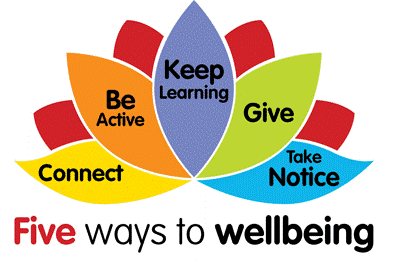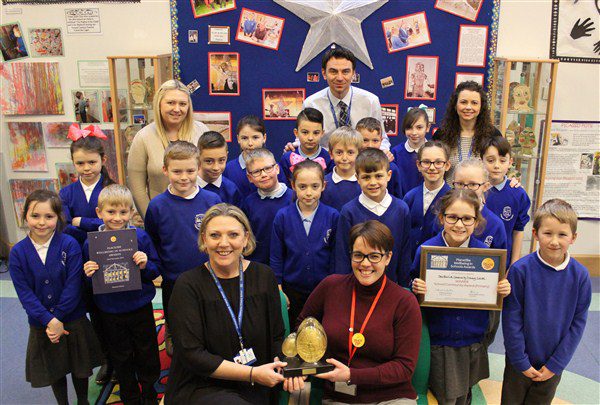At Southwick Community Primary school we understand that technology is part of everyday life and for most of us, is essential to our lives at home and at work. Therefore we aim to equip the future generations with the necessary skills for adult life and employment within the ever-changing technological environment we live in. Mrs. Beresford is the Computing Lead in school.
We use Purple Mash as the core of our curriculum tied with Teach Computing and activities from both Project Evolve and Barefoot Computing to create a comprehensive curriculum providing full curriculum coverage and a variety of skills for our children.
Purple Mash is a child friendly computing system that mirrors a lot of programmes seen in the ‘real’ word (e.g. font buttons are the same, email formats are the same). By using Purple Mash we are exposing the children to real-word systems but giving them freedom to explore using a child-friendly interface. It is also safe in terms of who and what they can access. Purple Mash is used for most ‘Information Technology’ lessons and also provides a clear progression in ‘Coding & Computational Thinking’ for our KS1 and KS2 pupils through the use of 2Code.
We believe that the Teach Computing curriculum is the best resource for delivering the ‘theory’ element of the curriculum and helping children to understand ‘how things work’ and so we use this for the ‘Computing Systems & Networks’ strand of the curriculum. Some of the Teach Computing Units are also used with KS1 and KS2 pupils to introduce them to coding robots and to give a physical output for their programs (e.g. use of Micro:Bits with Y6).
Barefoot Computing provides some great ‘unplugged’ lessons for EYFS pupils, and we have utilised this resource by including half-termly activities which introduce our youngest children to the concepts of coding.
‘Online Safety’ lessons are mapped to the ‘Education for a Connected World’ framework and some of these activities are reinforced via PSHE lessons and during assemblies. We have identified Project Evolve as the best resource to deliver our Online Safety lessons and to cover the requirements of the Education for a Connected World framework. Each half-term has a focus on a specific strand of the Education for a Connected World framework, with ‘Online Bullying’ then covered additionally during the week of ‘Anti-Bullying Week’ week in Autumn [2] each year and ‘Online Relationships’ covered additionally during the week of ‘Safer Internet Day’ in Spring [1]. The ‘Knowledge Maps’ from Project Evolve are used at the start and end of the units to identify which objectives to focus upon and then to assess impact. Additional ‘optional’ Online Safety lessons and activities are included within our curriculum, which can be utilised where appropriate and when incidents occur which need addressing.
We carefully considered and then picked these different resources as we believe they best cover and deliver each of the individual strands of Primary Computing. This has helped create a cohesive structure with clear activities that match our progression of skills documents.
Whole class floor books are used to evidence computing work and allow children to reflect on their learning throughout the year. Summative end of unit questions are used to assess children’s retention of key skills taught through the units and these are combined with teacher assessment.
More information about what is taught in each phase can be found below.




